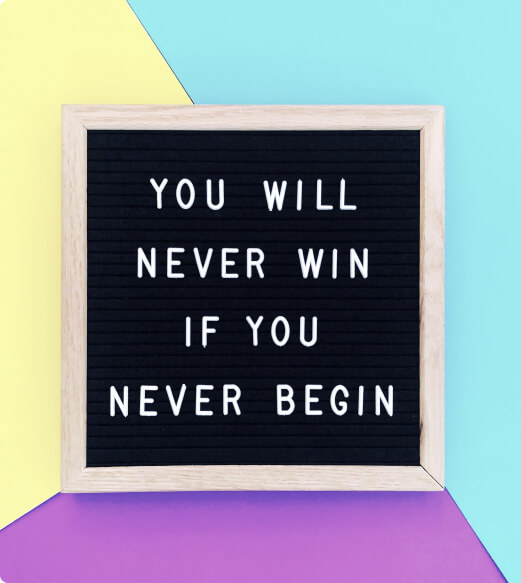

Honesty is the best policy.
I think we all grew up with that quote.
Whether it’s posted near the blackboard inside our classroom or written on a random page of our journal, we are oftentimes reminded of the true value of being honest in our lives.
Which in fact is quite valid because practicing honesty builds integrity and credibility, things we need in order to fully succeed in life. And trust me, you wouldn’t want to sacrifice those in the long run.
Sadly though, not all people welcome honesty with open arms. At times, no matter how well-meaning a person is, his/her honest remarks are taken as an attack.
While the issues and experiences of others are theirs to carry (which actually determine how they see the world and react to it, your message included), you should not burden yourself by doubting your actions if your intentions are pure.
At the end of the day, you know yourself best and you deserve to be honest not only with your words but also on how you choose to live life in general.
Take to heart though that your privilege goes the same for others and the key here is to practice respect while communicating honestly as we set and maintain necessary boundaries.
Think about the last honest conversation you had: how did it go?
Did the other party take it openly?
Or were you accused of being heartless, insensitive and outright rude?
While you can’t control the way others will react towards your honesty, you can always fine tune your way of delivering your message from your authentic self.
Here’s how you can be honest without being rude:
Most of the time, people get angry when caught off by surprise. Prevent this by preparing the person as you ask for permission if you can give your honest opinion. This gives the other party the time to think and consider his current space as to whether he is receptive towards it or isn’t ready at the moment. Either way, it will also give you an idea on whether to proceed or park it first to avoid conflict.
2. Clarify your intentions.
In order to avoid any form of misconception, it is important to state your reasons why you want to have that honest conversation and which space you’re coming from. Doing so allows the other party to loosen up and feel more safe and at ease to receiving your honest feedback.
3. Deliver your message mindfully.
How you structure your sentences and your choice of words can affect your delivery’s impact. Don’t forget your tone of voice and body language too. My tip here is that: if you were going to say the same thing to your 5 year old self, how will you do so coming from a space of love and genuine concern? Start from there. P.S. be clear and concise so that the key message doesn’t drown along the way.
4. Take time to listen and ask for feedback.
Being honest is also a two-way street. So best if you lend your ears as you ask about the feelings of the other person concerned. Once more, assure the other person that you will be open to listening and receiving feedback, much like how he/she did. Never block off what the other person has to say and never anticipate it as a form of attack. Be humble enough to allow yourself to know the impact of your message. Clarify and apologize if needed.
5. Ask how you can help out moving forward.
A gem of an effort indeed. It’s all about making the other person feel supported no matter what. Genuinely ask for what support you can offer and how can things be better for both of you moving forward. It’s not just about being able to say your piece, but rather using that conversation as a springboard to improving things around (and within) you .
Always remember that there’s nothing wrong with being honest.
However, know that you have a choice as to not come off as blunt by becoming more mindful of your words and actions.
That’s part of becoming your own #bestmeever .
